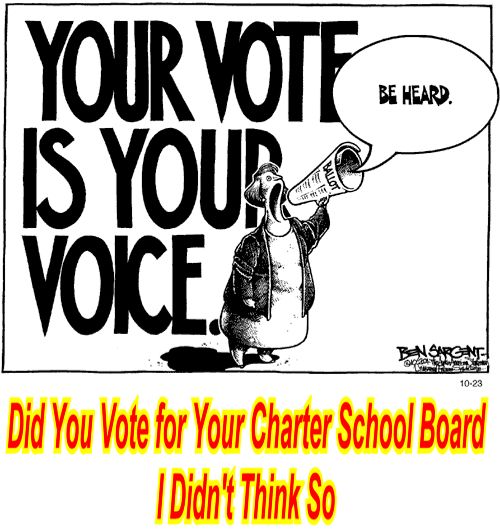Without local school boards, parents in poor communities lose their vote

ing Wars,” an investigation of voting rights and election participation, is the 2016 project of the Carnegie-Knight News21 program, a national multimedia, investigative reporting project produced by the nation’s top journalism students and graduates. Each year, students selected into the program report in-depth on a topic of national importance. This story was reprinted with permission.
In at least 20 states, lawmakers have stripped locally elected school board members of their power in impoverished, mostly minority communities, leaving parents without a voice – or a vote – in their children’s education, according to a News21 state-by-state analysis of school takeovers.
More than 5.6 million people live in places where state officials took over entire districts or individual schools in the past six years, according to News21 data collected from state government agencies. About 43 percent are African-American and around 20 percent are Hispanic. On average 29.2 percent of people in those areas are living below the poverty level. The U.S. average is 15.5 percent.
In Highland Park, Michigan, where grass grows knee-high around decaying, long-abandoned schools, the state turned the troubled suburban district over to a private company and shut down the city’s only high school.
“As a voter, what do you do when they stole your vote?” said Danielle Floyd, a mother in Highland Park. “I can’t say that we can go out and vote. Because we’ve done that. And it didn’t work.”
In the Delta town of Drew, Mississippi, education advocates say there aren’t enough books to go around four years after state legislators consolidated the small school system into a countywide district.
In Little Rock, Arkansas – a historic symbol of school desegregation – black parents worry that the city’s schools once again are becoming segregated. They say their concerns have fallen on the deaf ears of the state, which removed the city’s school board more than a year ago.
And in New Orleans, the majority of the public schools are under the jurisdiction of the state, but charter companies make most of the educational decisions, a trend that was further accelerated after Hurricane Katrina in 2005. Charter schools are tuition-free, independently operated public schools.
Typically in a school takeover – sometimes referred to as “intervention” – a state will assume broad authority over a district, dramatically reducing and sometimes eliminating the power of a local school board, elected by community constituents.
“It feels like we don’t have much control over our kids’ education and how they’re being educated,” said Lashanda Mayberry, another Without local school boards, parents in poor communities lose their vote:





Big Education Ape: New Orleans tries to mix charter schools with democracy: Is this the district of the future? - The Washington Post -http://bigeducationape.blogspot.com/2016/05/new-orleans-tries-to-mix-charter.html
